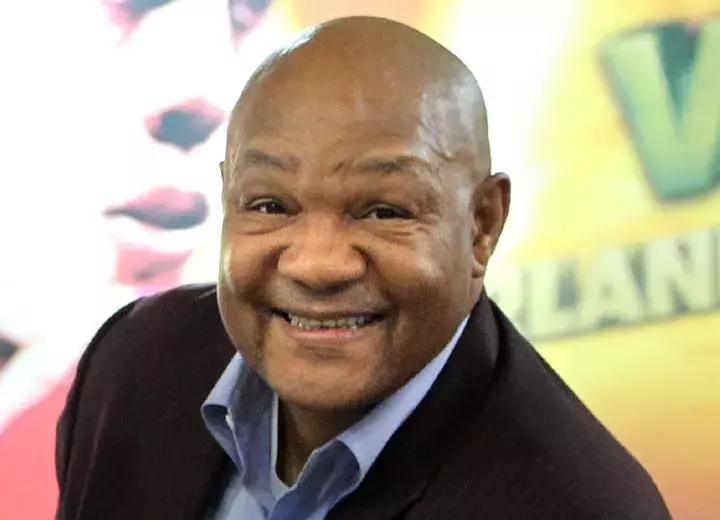
George Foreman, the legendary heavyweight champion who redefined greatness across two distinct eras, remains a towering figure in boxing history. Following his passing on March 21, tributes poured in celebrating his remarkable legacy. However, as time passes, it becomes essential to reflect critically on his career, particularly moments that may not align with the celebratory narrative. One such event is the controversial title defense against Axel Schulz on April 22, 1995. This match, which aired live on HBO from the MGM Grand Garden Arena, marked a pivotal yet often overlooked chapter in Foreman's storied career.
The bout was initially framed as a celebratory occasion following Foreman's miraculous knockout of Michael Moorer at age 45. Yet, what unfolded was far more complex. Schulz, a younger and less heralded opponent, delivered a performance that challenged Foreman’s dominance and sparked debates about the fairness of scoring decisions. Despite being heavily favored, Foreman faced significant difficulties, raising questions about the challenges of aging champions and the nuances of boxing judgment.
Foreman's Triumph Amidst Challenges
In this match, Foreman showcased resilience despite facing unexpected adversity. The fight against Schulz tested his skills and revealed vulnerabilities brought on by age. While many anticipated an easy victory, the reality proved far more intricate, highlighting the complexities of championship defenses.
Foreman entered the ring amidst fanfare, symbolized by the iconic "Hakuna Matata" theme. Initially perceived as a straightforward celebration, the contest quickly evolved into a grueling test of endurance. Schulz adopted a mobile strategy reminiscent of Tommy Morrison’s approach, using agility and speed to counter Foreman’s power. This tactic paid dividends, forcing Foreman to adapt and rely on experience rather than brute strength. Although Foreman ultimately prevailed via a majority decision, the path to victory was fraught with uncertainty. Judges' scores varied significantly, reflecting differing interpretations of the action inside the ring. Some rounds were closely contested, leaving room for debate over who truly dominated each phase of the bout.
Critical Reflections on Scoring and Legacy
Beyond the immediate result, the Schulz fight invites deeper scrutiny of Foreman’s later career. It serves as a microcosm of the broader challenges faced by aging athletes striving to maintain their status atop competitive fields. Questions linger regarding the accuracy of judging and whether Foreman's achievements overshadowed potential shortcomings.
The aftermath of the fight underscored these tensions. Schulz, confident in his performance, requested a rematch, but Foreman declined, citing strategic considerations. Officially recognized titles were stripped due to non-compliance with mandatory challengers, further complicating Foreman’s legacy during this period. Critics argue that Foreman cherry-picked opponents to prolong his reign, while supporters emphasize his historical significance and enduring appeal. The controversy surrounding the Schulz fight exemplifies the delicate balance between nostalgia and critical evaluation in sports history. As fans and historians revisit such moments, they gain valuable insights into both the triumphs and limitations of legendary figures like George Foreman.
